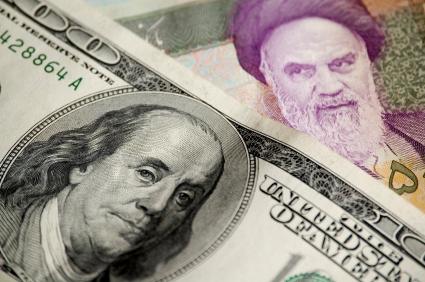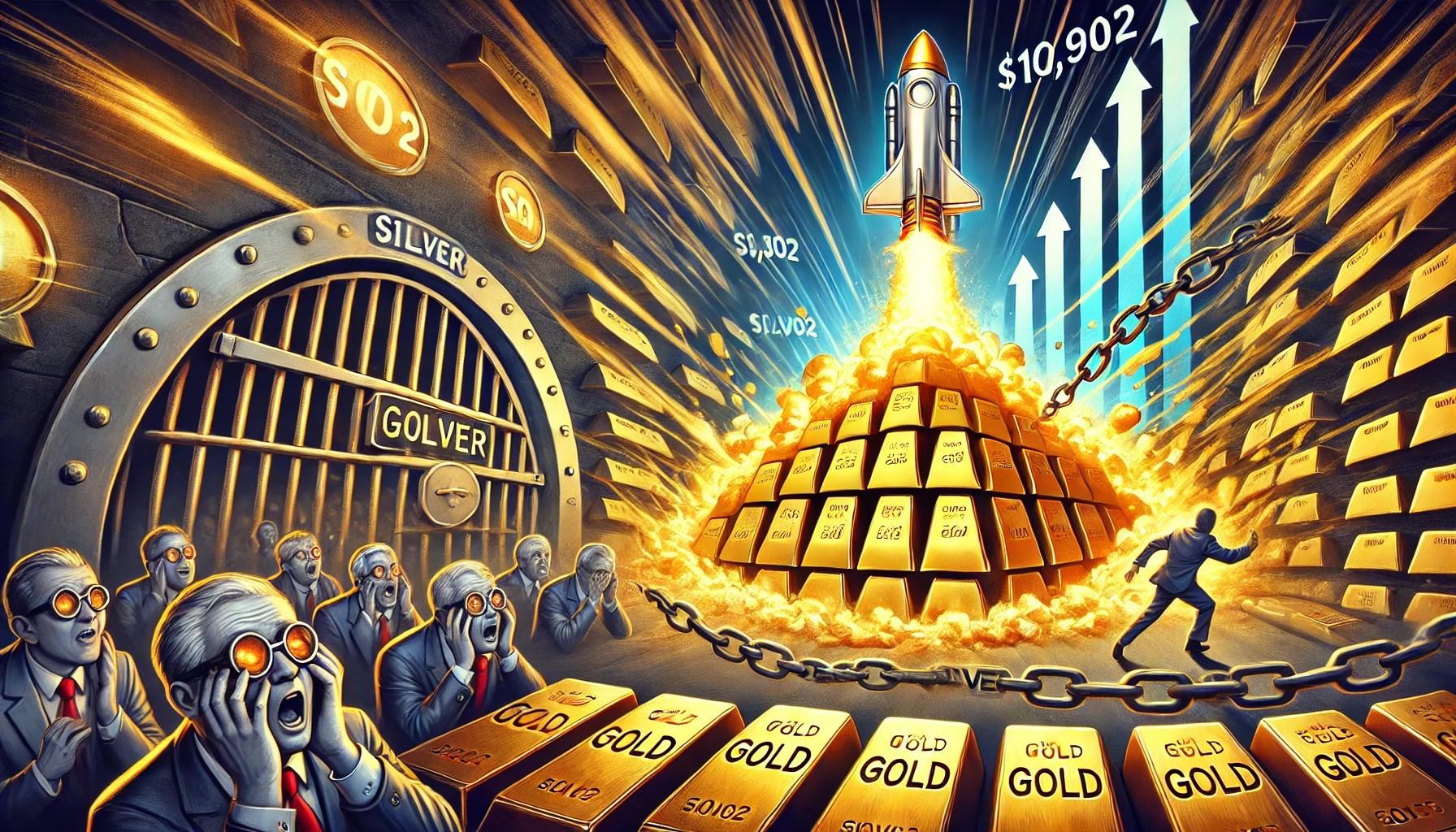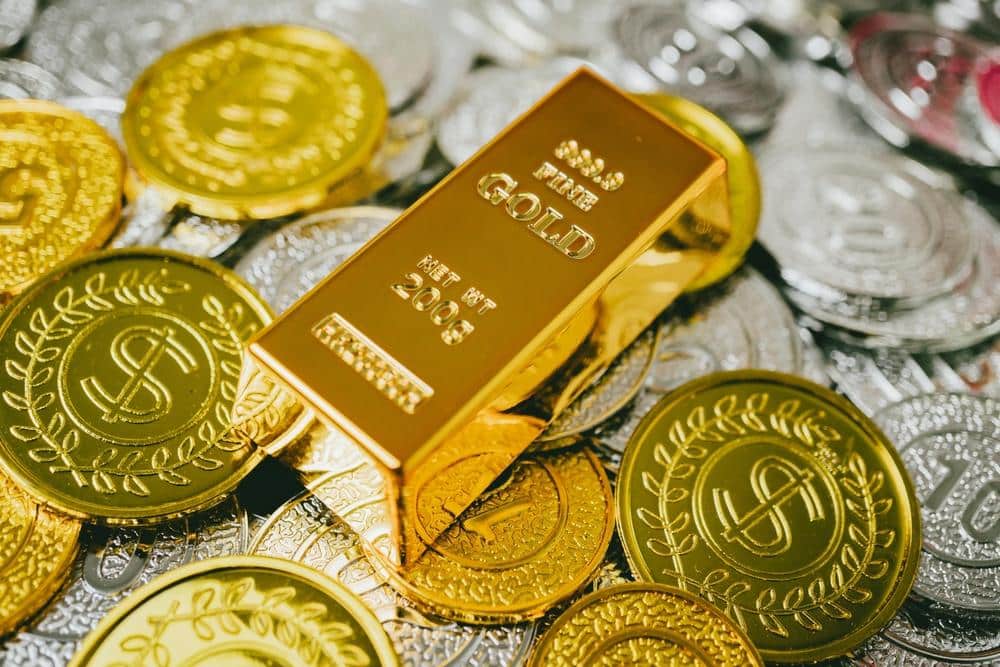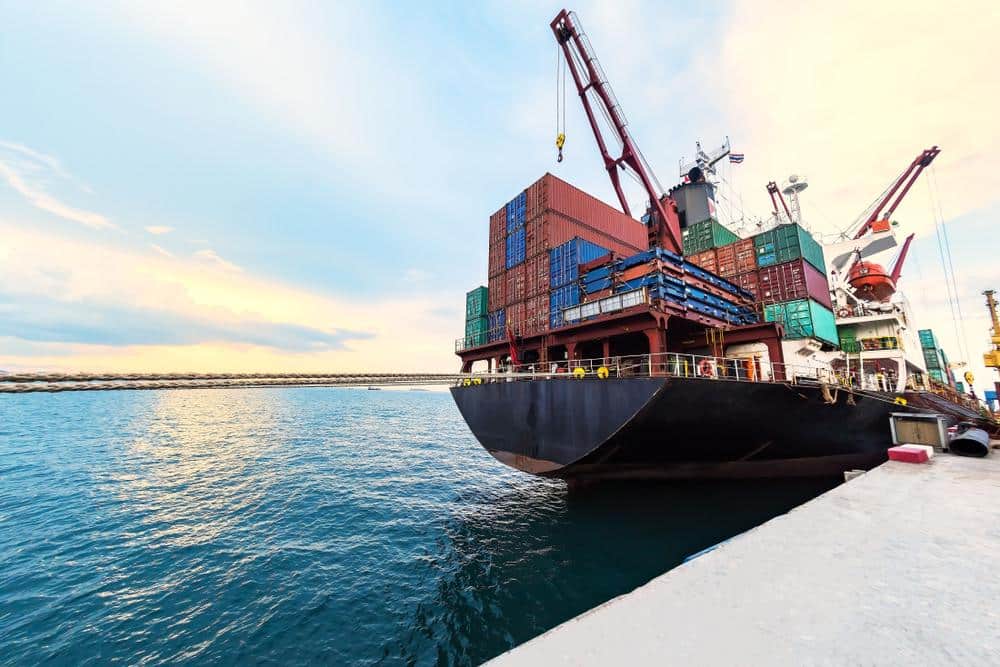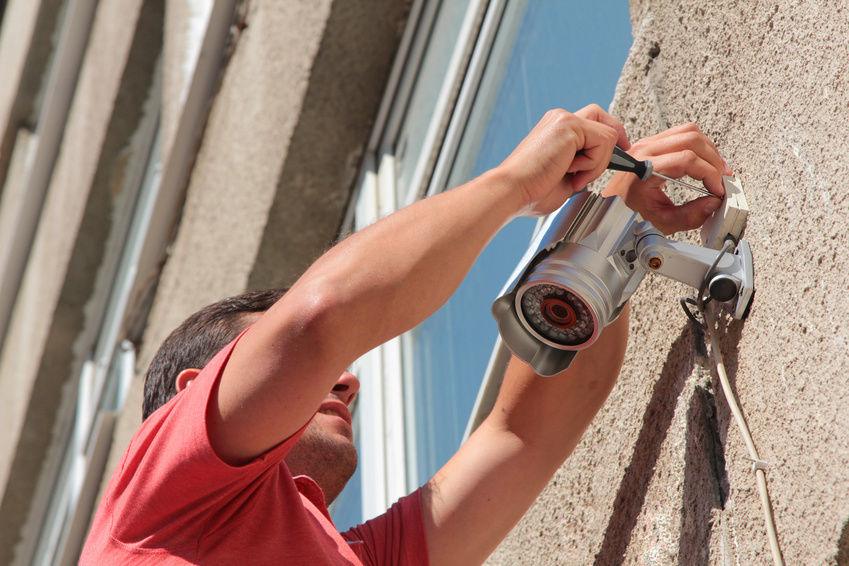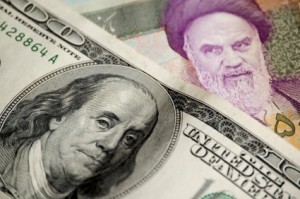 In the space of a few weeks, the value of Iran’s currency plummeted by 40 percent. While the government blamed international sanctions, locals blamed their government. Yet the blame game isn’t the most insightful thing about the Iranian crisis. Instead, the real lessons are about how easily a currency crash could come to the United States and how real people cope in hyper-inflationary environments.
In the space of a few weeks, the value of Iran’s currency plummeted by 40 percent. While the government blamed international sanctions, locals blamed their government. Yet the blame game isn’t the most insightful thing about the Iranian crisis. Instead, the real lessons are about how easily a currency crash could come to the United States and how real people cope in hyper-inflationary environments.
Fiat currency fiascos
Iran’s currency woes showcase the false security of any fiat currency. The strength of the Iranian rial is totally dependent on the reputation and strength of the Iranian government. If you’re thinking, well, how great could that possibly be, join the club. When the Iranian banks opened a new currency exchange center at the end of September, they were shocked at the number of local businesses and families who promptly used the center to swap their rials for anything else they could get in terms of euros, pounds, and dollars.
The speed and intensity of the demands overwhelmed the response capacity of the national bank of Iran. Inside of a few weeks, the currency devalued dramatically, swinging between a 30 to 40 percent decline in purchasing power. The Iranian president got on TV denouncing the work of international sanctions and Western governments, which cut Iran off from the bailout credit lines available to other nations in currency free fall. Without those lines of credit and with no trust in the money, it turned into the obvious fiasco all fiat currencies really are at heart.
Trade grinds to a halt
Along with ripping the false mask of security away from the rial, the devaluation halted almost all cross-currency trade. Imports became impossible – how would merchants be paid? What exchange rate even mattered? No one wanted to hold more rials than they had to, and merchants in Turkey, Afghanistan, and Iraq who had large stocks of rials as a part of contracts with Iran took serious financial hits.
At one point, vendors in Iran’s own markets rioted and closed. When the police showed up, shopkeepers pointed out that they had no idea how to price their goods. The exchange rate had moved from around 12,000 rials to the dollar to between 35,000 and 38,000 rials to the dollar. Different materials were subject to different official exchange rates, and unofficial transactions were being settled in gold, silver, and barter. How could they keep the shop doors open with no assurance they were getting fair value and with few customers who had hard assets to pay for goods? After a few showcase arrests, the police also threw in the towel, acknowledging the problems were more than they could correct.
New book reveals how to keep this “gangster” economy from murdering your money…
Food security rises above all else
In the midst of all this madness, discretionary spending was totally erased. Food purchases came to top everything else. In an environment where the price of milk goes up 9 percent a day, who wants to buy shoes? The New York Times reported that one man buying 900 pounds of rice to feed his family for the year had his order interrupted by a phone call – a phone call letting the shopkeeper know that the price of the order had to be raised another 10 percent to cover the exchange collapse. Yet the man went ahead with the purchase, saying he had no choice as the price could go up even more tomorrow.
When families are buying up food in bulk to offset future price collapses and worried about keeping a meal on the table, there is no other economy. You can’t stimulate the GDP with construction spending, clothing sales, or special offers when people are frightened of going hungry, and already analysts from Europe’s leading firms are looking at Iran as a nation on the brink of social collapse, with all non-food businesses in peril.
Revolution? After I take care of my family, thanks.
Yet social collapse doesn’t necessarily spell regime change in the country. While that may be the goal of Western sanctions, at the street level, people are increasingly just ignoring their politicians in favor of taking care of getting food on the table. Let the leaders posture and pontificate – nothing they say matters now, not compared to keeping everyone fed.
How easily that could translate to the States! As our government makes economic promise after economic promise, nothing seems to change. Unemployment is still high, wages are still low, and there just aren’t jobs in many parts of the country. The more the politicians speak, the less anyone is listening.
It’s not that there will be a big uprising or revolution – who would pay for it now? There’s no extra money in a hyper-inflationary environment, and no extra funds in a depressed economy. The sadder but more likely solution is a return to an almost lawless era, where anyone who can actually keep promises about security, food supply, and jobs will be in charge. In Iran, it could be a new government, or it could be a more extreme form of the current government. In the U.S., it could be a military coup or a sudden return to martial law in an attempt to plug the leaks.
Either way, what real people do in situations like that is cope the best they can. Early protests die out as governments are incapable of actually making change – it all comes back to independent action and self-preservation. Gold and silver make a comeback, along with barter exchanges and black markets. Everything hangs three meals away from total chaos, while faith in official systems is loss. It’s not a recipe for stability – only a chance for those who have prepared to be very, very glad they thought ahead.
©2012 Off the Grid News


